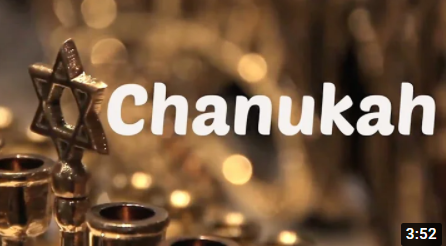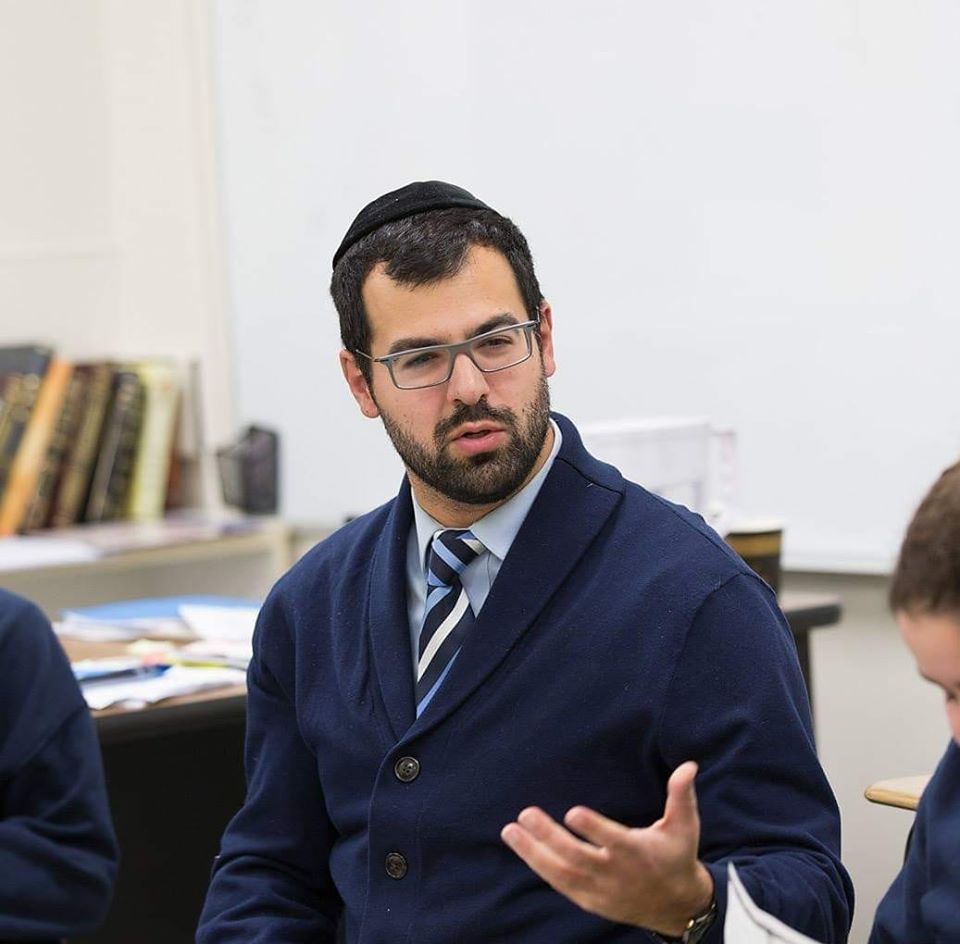November 26th, 2022 – Shabbat is almost here and Hanukkah begins next Sunday!
And today we will listen to one of the most sung songs around Hanukkah: Maoz Tzur

Hello, how are you? I hope well. As I already told you, the last week I was in Budapest. This picture is in front of the main synagogue. I had been operated one week before and I was not really very strong but I got a taxi and asked him to take me to the main synagogue to take a picture. So here you are!
Today I am writting to you from a rainy Skopje. I came here for the international music conference PIN. My Ukrainian band Hudaki Village Band will perform tomorrow and I will attend many panels and other concerts. The synagogue here is 27 minutes walking from my place and I will try to visit it too.
Today we will start to prepare for Hanukkah. It will begin on next Sunday evening, when the first candle of the menorah will be lighted.
Then, please, spread the word.
| Share this with a friend, right from here |
About Hanukkah
 It seems to be the most known Jewish celebration for the non Jewish who have just a superficial knowledge about Judaism, maybe because it is very photogenic, with the lighting of the candles, and because it is near Christmas time (and it is not related to Chrismast at all) but indeed it is not the most important. Most of the subscribers of MBS know well the meaning of Hanukkah, but just in case, or if you want to provide a clear idea in just a few minutes to another person, this video of the fantastic Youtube channel BimBam is a nice resource.
It seems to be the most known Jewish celebration for the non Jewish who have just a superficial knowledge about Judaism, maybe because it is very photogenic, with the lighting of the candles, and because it is near Christmas time (and it is not related to Chrismast at all) but indeed it is not the most important. Most of the subscribers of MBS know well the meaning of Hanukkah, but just in case, or if you want to provide a clear idea in just a few minutes to another person, this video of the fantastic Youtube channel BimBam is a nice resource.
Hanukkah, or Chanukah, or Janucá… you can find it with different spellings, is a celebration of the cultural resistance. If you want to get deeper into this idea, these reflections by Emmanuel Taub can be interesting for you. It is in Spanish but the automatic translation into English works quite well.
About the piece Maoz Tzur
This poem has been sung many times. You just have to type Maoz Tzur in Youtube and you will find dozens of version, most of them quite cheesy. The spelling variates too. You can find “Ma’oz Ẓur”, like in JewishEncyclopedia, were it is explained that it is:
“Commencement of the hymn originally sung only in the domestic circle, but now used also in the synagogue, after the kindling of the lights on the Feast of Dedication (Ḥanukkah).”
About this idea of the Dedication, the video aforementioned from BimBam explains it.
And about the author, the JewishEncyclopedia explains that:
“The acrostic signature is that of Mordecai. Zunz (“Literaturgesch.” p. 580) is inclined to place the author of this hymn in the middle of the thirteenth century. He may have been the Mordecai ben Isaac ha-Levi who wrote the Sabbath table-hymn “Mah Yafit” (Majufes), or even the scholar referred to in Tos. to Niddah 36a. Or, to judge from the appeal in the closing verse, now generally suppressed, he may have been the Mordecai whose father-in-law was martyred at Mayence in 1096.”
According to MyJewishLearning:
“This well-known Hanukkah song, whose words were composed in the 13th century, summarizes historical challenges faced by the Jewish people that have been overcome with God’s help.”
You can find the lyrics in the website of Chabad. There you can also listen to one of those very cheesy versions. But we won’t listen a cheesy version, but one by the fantastic David Kadoch.
About the performer of the song, Rabbi David Kadoch

Rabbi David Kadoch is rabbi and hazan at Sephardic Kehila Centre (Thornhill, Ontario, Canada). He was with us previously, in this edition of Pesaj 2020. The portrait is from David’s Facebook profile.
According to the website of the Sephardic Kehila Centre, he “was born in Toronto, Ontario to Marc and Judy Kadoch. He is a graduate of Or HaEmet Sephardic School, the local Sephardic school in the city and then continued his studies in Yeshivat Ner Yisrael in Toronto.”
They also explain that he spent two years studing Torah and Halacha In Jerusalem and attended several other trainings and that “one of his greatest passions has been singing and the learning of traditional Sephardic melodies which make Moroccan Judaism so precious.”
So I thank David for this work of the dissemination of the Sephardic Moroccan legacy and now…
It’s time to enjoy the music.
Click the picture to listen to Maoz Tzur by David Kadoch:
| Share this with a friend, right from here |
